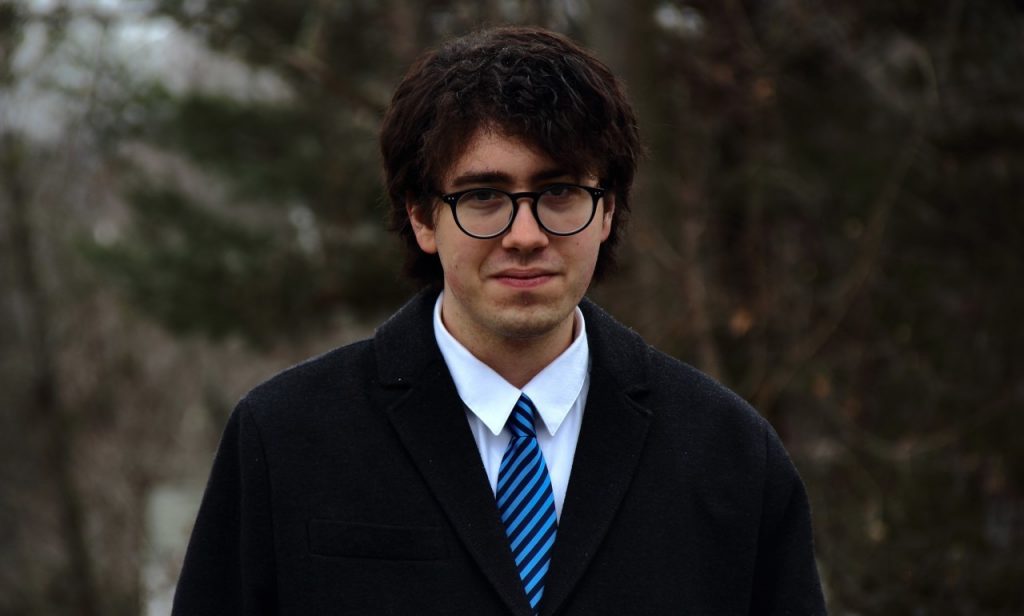Shining light on the advocacy and sustainability work of young environmental leaders working to make their communities safer and cleaner. As part of our commitment to youth engagement and equity, we are holding an ongoing series of interviews with individuals and sharing their stories to spread awareness.

Liam Enea, age 20, is a junior at the University of Connecticut studying Resource Economics and is President of the UConn Clean Energy Society. He is interested in the electric power industry, specifically grid operation, and currently interns with ISO-New England, a nonprofit responsible for operating the electric grid and building reliability in the region. He also works with People’s Action for Clean Energy (PACE), a non-profit organization dedicated to promoting clean, renewable resources and decreasing Connecticut’s dependence on fossil fuels. Liam serves as an intern and operations manager with the group. He uses data analysis to compare baseline energy assessments and develop solar projections for towns around the state. He is also a member of the Brookfield Energy Advisory Board, where he serves as Secretary. They are in the process of creating an energy plan for the town that looks at how energy can be used in a practical and sustainable way.
He is driven to fight for climate and economic justice because vulnerable communities are more heavily affected by climate change and mitigation. “When the interstate highways were built, land was chosen purposely that was of lower value.” Liam said. “When most energy generation projects that impact local communities are built, negative externalities are going to be thrown on those in or around vulnerable communities.” Individuals who receive the positive benefits of these projects are less likely to be personally impacted by them, and thus it is important to fight for environmental justice in an equitable way.
Liam’s top climate priority is to decrease Connecticut’s reliance on fossil fuels with respect to economic impacts and grid reliability. Liam supports increasing solar power and other renewable resources to advance “decarbonization, grid reliability, and energy independence and stability that is not being afforded right now by natural gas and oil.”
Earlier this year, Liam worked with the People’s Action for Clean Energy (PACE) to form a coalition of renewable energy distributors and get environmental bills on the Connecticut General Assembly’s legislative agenda. In coalition with Save the Sound, he advocated for the passage of Senate Bill 176: An Act Concerning Clean Energy Tariff Programs, which raised the solar caps and allowed commercial and industrial customers to use their entire roof space for generation. It also permitted electric distribution companies to own solar generation facilities within the Shared Clean Energy Facility (SCEF) program. It was signed by Governor Lamont this past May.
His advice for youth looking to get involved in climate advocacy is to be factual, rational, and straightforward. Climate policy can be complex, and activists should encourage others to connect with the movement in a way that speaks to them. He also welcomes UConn students to join the Clean Energy Society, if they are interested in grid operations and renewable energy: “We are about operating the grid in an economical way that’s going to improve reliability over time, while also promoting the benefits of renewables and price stability over time.” The club is open to undergraduate and graduate students.
Liam hopes to see more adoption of solar in Connecticut, especially at the local level, including municipal and school buildings, where energy usage is predictable. He is interested in utilities and grid operation, and is contemplating attending law school after his undergraduate career.
